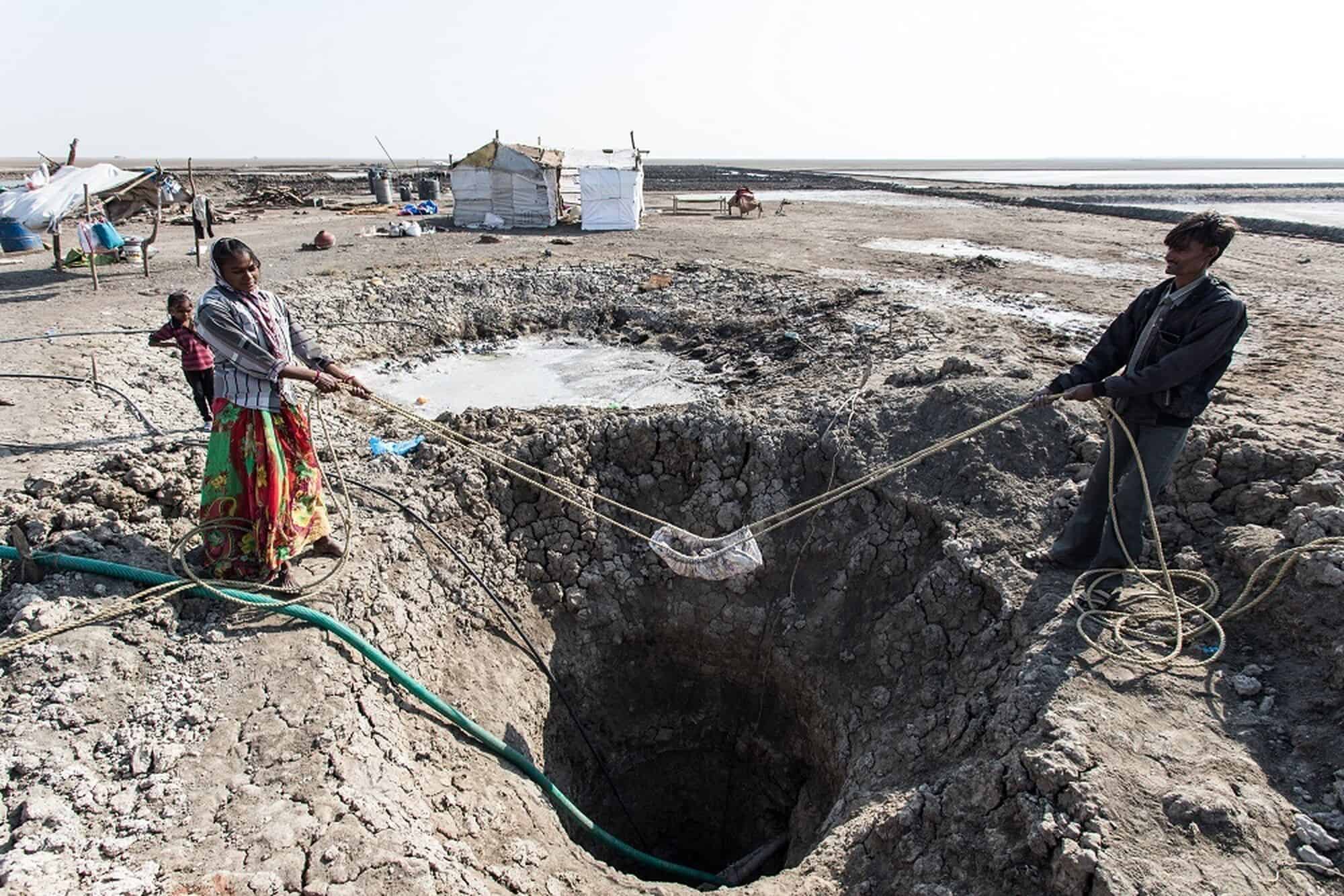By Harriet Lamb, Ashden CEO
We all deserve decent work. But for too many people, that’s little more than a dream. Globally, 731 million people live on an income below the World Bank’s poverty line of $1.90 a day. The same people are most at risk from the climate emergency – a disaster they did not cause, but one that now threatens their lives and livelihoods. With coronavirus endangering fragile economies, as well as undermining the fight against climate change, the need for joined-up action on both fronts is greater than ever.
So on the International Trade Union Confederation’s Global Day of Action to Climate and Employment-Proof our Work, we are celebrating the power of co-operatives to tackle climate change while also delivering decent work for all.
It is vital that the co-operative movement has an active role in climate debates, at a time when many commentators are advocating a global ‘green recovery’ from coronavirus. We believe it is vital to build a fair green recovery – one that that corrects global power imbalances. The co-operative movement can play a key role in driving this agenda.
There’s no doubt that cooperatives create better work for marginalised people. People united by a co-operative have better access to technology, raw materials and customers. Co-operatives help small-scale farmers and the self-employed unlock finance, lower personal risk and bypass the middlemen that eat into the incomes of the most marginalised.
Co-operatives are enabling climate action in the toughest environments – as our new report, Powering Better Work, reveals. It showcases outstanding innovation in this area – initiatives and movements ready to be replicated or scaled up. It highlights work by organisations including India’s Self-employed Women’s Association (SEWA). With two million members, SEWA is the world’s largest union of informal-sector women workers. In the state of Gujarat, its holistic approach has helped women using solar pumps to improve their earnings from farming salt.
The pumps are cleaner, more efficient and cheaper to run than diesel alternatives and enable women to dramatically raise their net income. SEWA has negotiated an 80% subsidy for the equipment from the government of Gujarat. The association also trains salt workers, helps them order the pumps, supports them to set up a bank account and take out the loan needed to make the purchase. SEWA’s own bank acts as final guarantor on these loans.
Finally, SEWA has helped farmers negotiate collectively and directly with corporate customers – securing better prices than those offered by local salt traders. For example, a deal with a global consumer goods company saw the price-per-tonne more than the double.
The benefits of co-operatives are particularly important for marginalised people, including refugees. Ethiopian NGO Gaia Clean Energy has helped displaced people in three camps establish co-operatives that produce cleaner cookstoves and fuels – a rare chance for refugees to earn an income. Most members are women, and the co-operatives are firmly embedded in their communities – buying locally sourced materials and delivering a product that helps other women spend less time collecting fuel. What’s more, they have included the host community in the scheme, so helping lessen social tensions.
As well as helping co-operative members unite for greater impact and reduced financial risk, Gaia offers them training across all aspects of manufacturing, distributing and marketing stoves, and business management.

One final example springs from the work of Indian silk enterprise Resham Sutra. The company supplies solar-powered silk weaving machines that are safer and more efficient than diesel alternatives. But it also helps silk weavers, poor rural women, form co-operatives to purchase silk cocoons with collective buying power. Crucially, this allows women to access credit and buy in bulk earlier in the season – when prices are lower.
Today’s day of action urges employees to help their organisation lower emissions and prepare for the impacts of the climate crisis. This is a vital task – and action on the climate must go far beyond damage limitation. We must harness its power as a creative force, ready to build a more just and equal world. Radical change is possible, and co-operatives have a crucial role to play.
- Discover our new report, Powering Better Work

